Royal Commission into Defence and Veteran Suicide: ADF brass, governments and bureaucrats fatally failed our Diggers
A landmark Royal Commission into Defence and Veteran Suicide has proposed a new way to transition former defence personnel into civilian life and sounded the alarm on the high rates of military sexual violence.
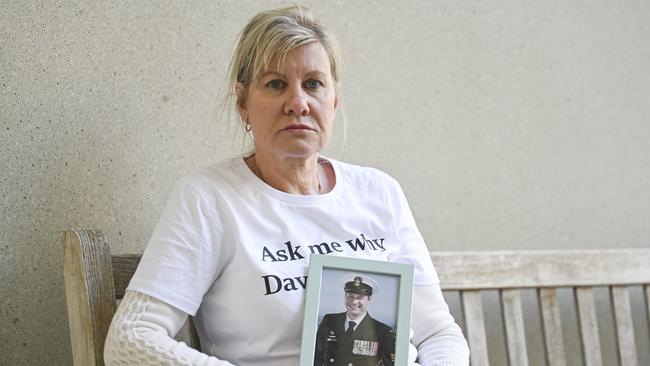
A landmark Royal Commission into Defence and Veteran Suicide has proposed a new agency to transition former defence personnel into civilian life, sounded the alarm on the high rates of military sexual violence and backed a more ambitious processing time for veterans’ entitlements claims.
After a three-year inquiry, the royal commission concluded that the Department of Veterans’ Affairs was not, in its current form, capable of delivering optimal wellbeing support to the veteran community or of addressing the risks of suicide.
It found successive governments, the Australian Defence Force, the Defence Department and DVA had all failed to provide adequate support to those who had served their country, with veterans telling the royal commission they felt betrayed.
Containing seven volumes and making 122 recommendations, the royal commission report noted that 1677 serving and former serving defence personnel had died by suicide between 1997 and 2021 – more than 20-times the number killed in active duty over the same period.
“The establishment of this royal commission can be seen as a clear signal of the failure of successive governments, the ADF, the Department of Defence and DVA to learn from the lessons of the past, to implement the reform required to effect real change, and to adequately address the needs of those who serve our country,” it found.
Receiving the report on Monday, the government pledged to respond “shortly”, with Defence Minister Richard Marles saying it would do so “with complete thoroughness because those who wear our nation’s uniform deserve nothing less”.
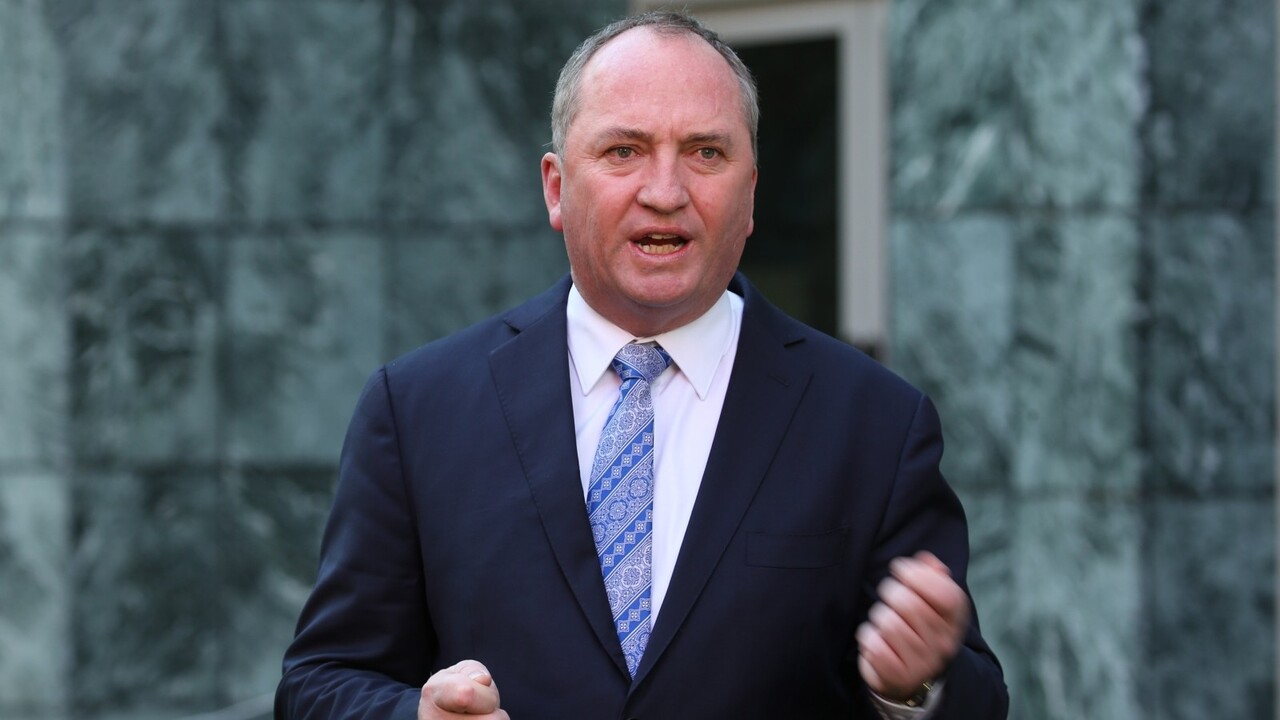
Mr Marles dedicated the final report to David Finney, a Royal Australian Navy petty officer whose 2019 suicide and treatment by Defence prompted his mother, Julie-Ann, to spearhead the campaign for a royal commission, with the Morrison government establishing the inquiry in July 2021.
Ms Finney told The Australian that Mr Marles’s dedication “made me cry, and it was incredibly emotional, but at the same time, there’s 3000 others, and they want to hear it too, and it is about their loved ones.”
“It is about everybody’s loved one. I want to be unique. I want to sit here and tell you all about David and just make it all about me as a mother. I do. But unfortunately, I don’t get to be unique. We’ve all buried children, and as partners, spouses, parents, we all have, and it’s not OK,” she said.
“When I get the credit for having fought for a royal commission, I want people to know that I joined the fight that was already happening. When my son gets mentioned, it’s possibly because I’m sitting here and I’m in their face. But I want people to know that all of our loved ones matter, every last one of them. And David said that he was their brother, and he would always be there for them.”
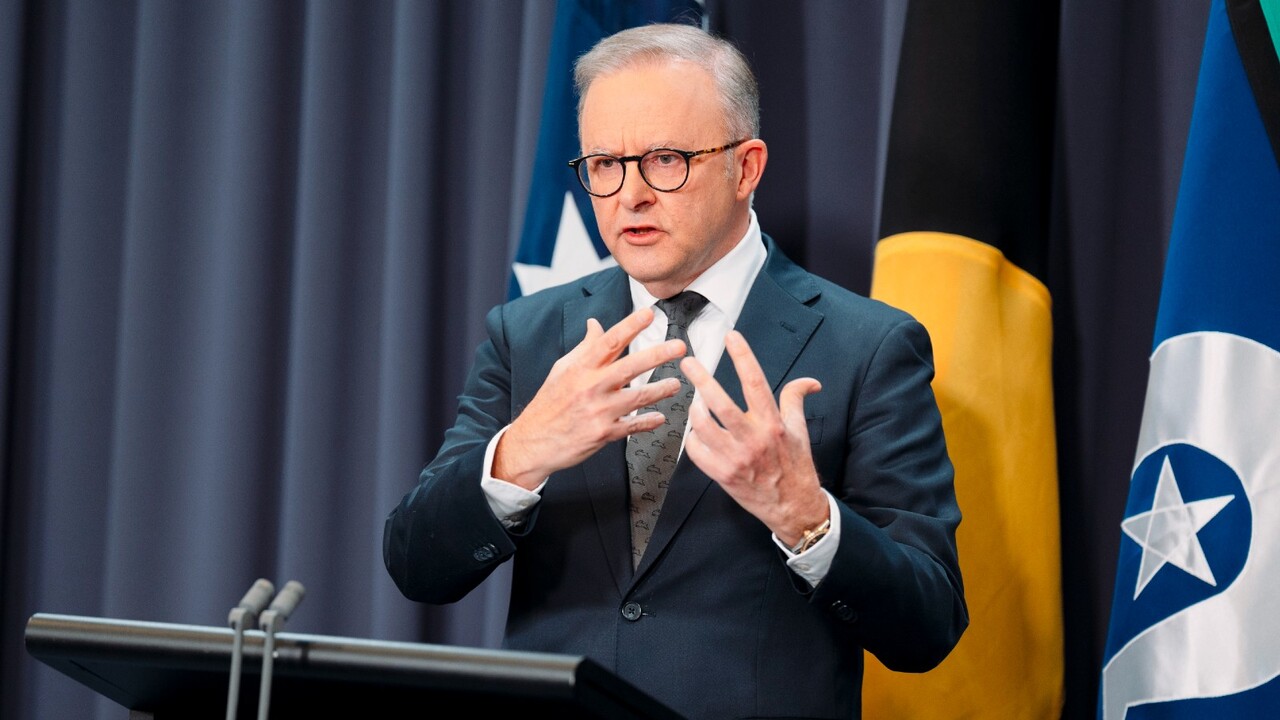
In parliament on Monday as Ms Finney looked on from the public gallery, Anthony Albanese said it was a “difficult day for many Australians” and it was the nation’s most solemn duty to “ensure that all those who have worn the uniform of this nation have access to the support and services they need.”
The royal commission report, handed to the Governor-General on Monday morning, is aimed at holding senior leaders to account for ADF members’ health and wellbeing. It recommended the development of a doctrine on “people, capability and service” to make clear that Australia’s operational readiness depended on a physically and mentally healthy workforce.
A new executive agency was also proposed, to be nested within the DVA in a major structural overhaul, with the new body to work more proactively with those separating from the ADF.
The three royal commissioners – including chair Nick Kaldas along with Peggy Brown and James Douglas – proposed that the agency should reach out to former defence personnel 12 months after leaving the ADF and provide any necessary support.
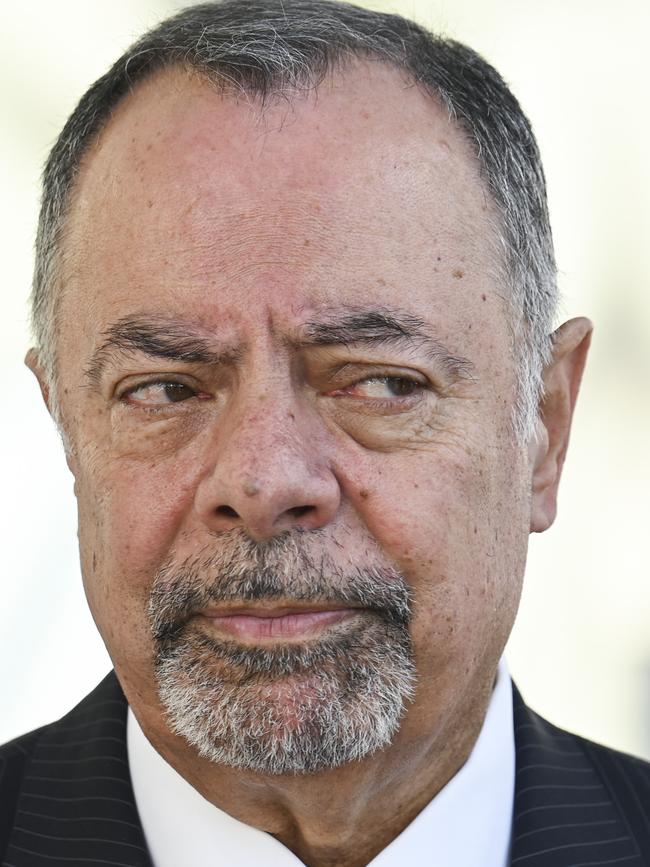
The new body would aim to build relationships for those leaving the ADF and help them navigate the service system. It would sit alongside new programs such as the provision of “bridging training” for members prior to leaving the ADF and removing limits on the number of civilian qualifications that could be awarded to members in recognition of their Defence training.
The royal commission said separating personnel could be supplied with references outlining their skills and capabilities, and they could also be furnished with potential employment pathways in public sector agencies.
A new statutory entity was also recommended to oversee “reform across the whole Defence ecosystem” to improve suicide prevention and wellbeing outcomes. A national funding agreement between the states and the commonwealth was recommended to focus on veterans’ wellbeing.
In an effort to address rampant and often under-reported rates of sexual violence in the ADF, it was urged to implement a policy ensuring an automatic discharge for any member convicted of sexual offences including stalking and intimate image abuse. A presumption of discharge would also apply for members found to have engaged in unacceptable forms of sexual violence.
Measures were proposed ensuring that those in the ADF who reported sexual assaults would not face adverse consequences or be posted alongside their perpetrator or perpetrators over the course of their career.
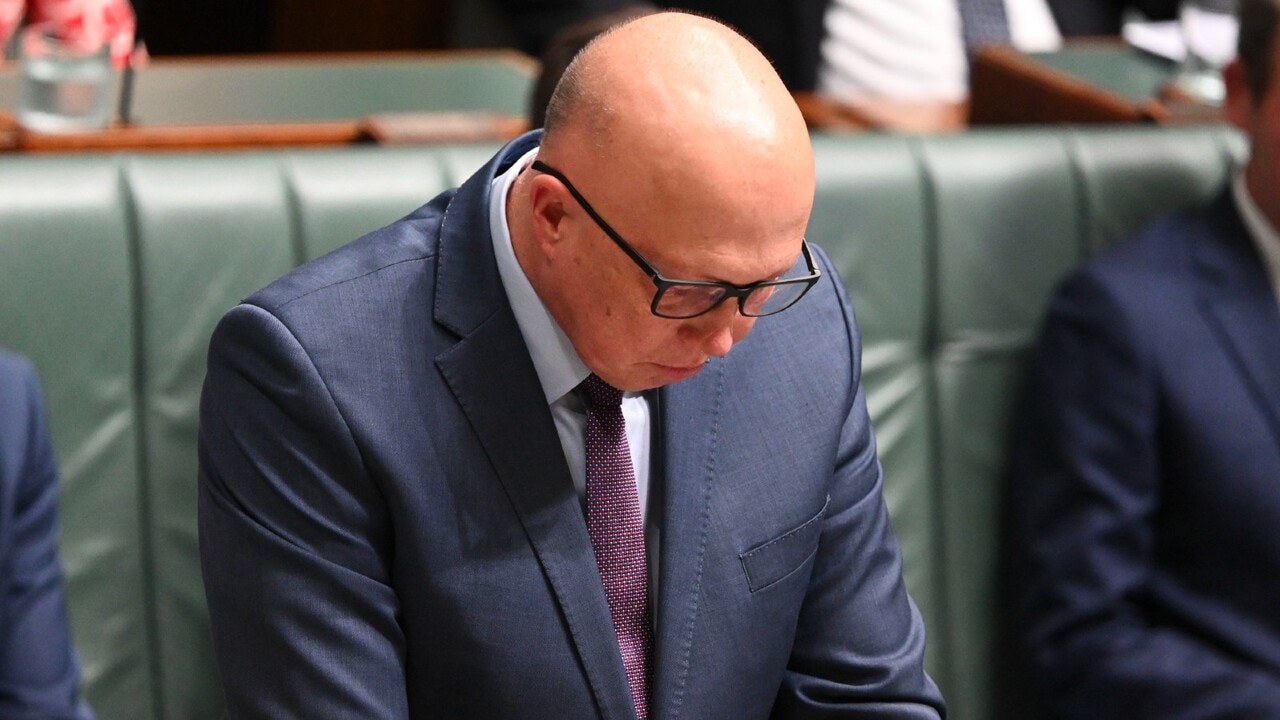
The report noted 800 sexual assaults had been recorded within the ADF in the past five years, with 60 per cent of cases believed to have not been reported. The commission uncovered multiple submissions reporting incidents of gang rape, noting many victims chose not to report sexual violence out of fear of repercussions.
It found the ADF did not currently know how many members had been convicted of sexual offences, and recommended keeping records of all members who had been convicted of such offences in civilian courts.
An independent inquiry into sexual violence in the ADF was recommended alongside further research into the prevalence of military sexual trauma and the link to suicide.
High rates of unacceptable behaviour including bullying, harassment, violence and abuse were addressed in the report, with the commission recommending improvements to the existing complaints management system.
The report urged the ADF to prioritise a separate inquiry into the weaponisation of the military justice system by the end of 2024.
It said Defence needed to recognise the impact the military justice system could have on members’ mental health and ensure individuals were provided with appropriate support.
This included developing a charter of minimum standards for all members involved in military justice processes.

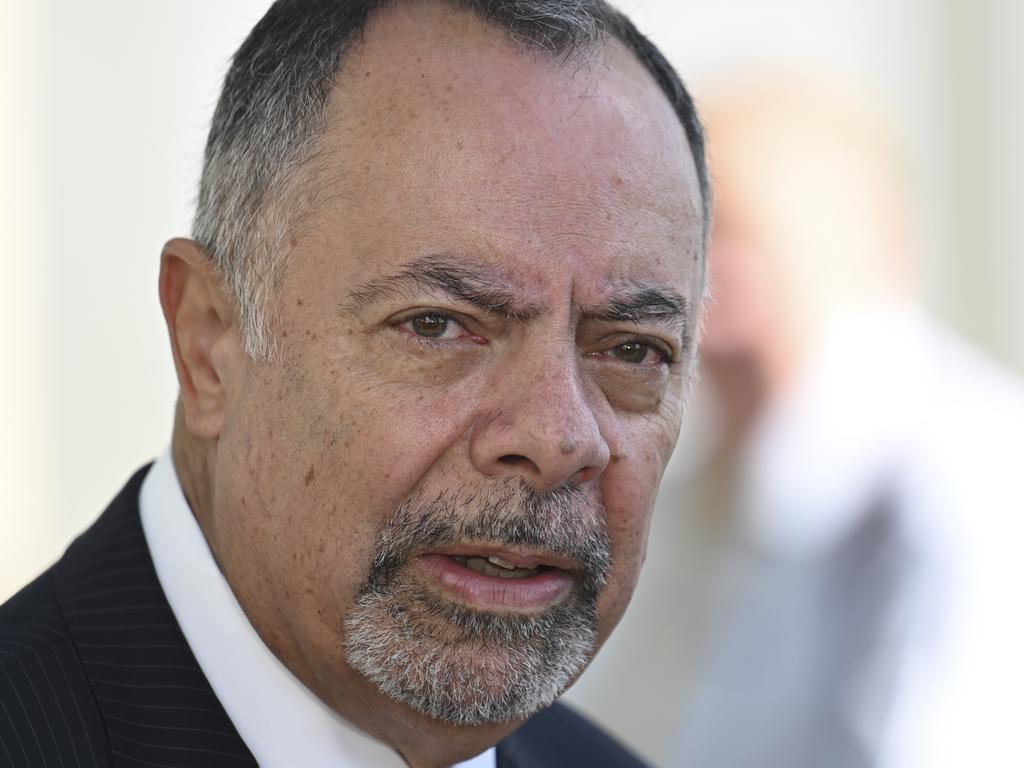

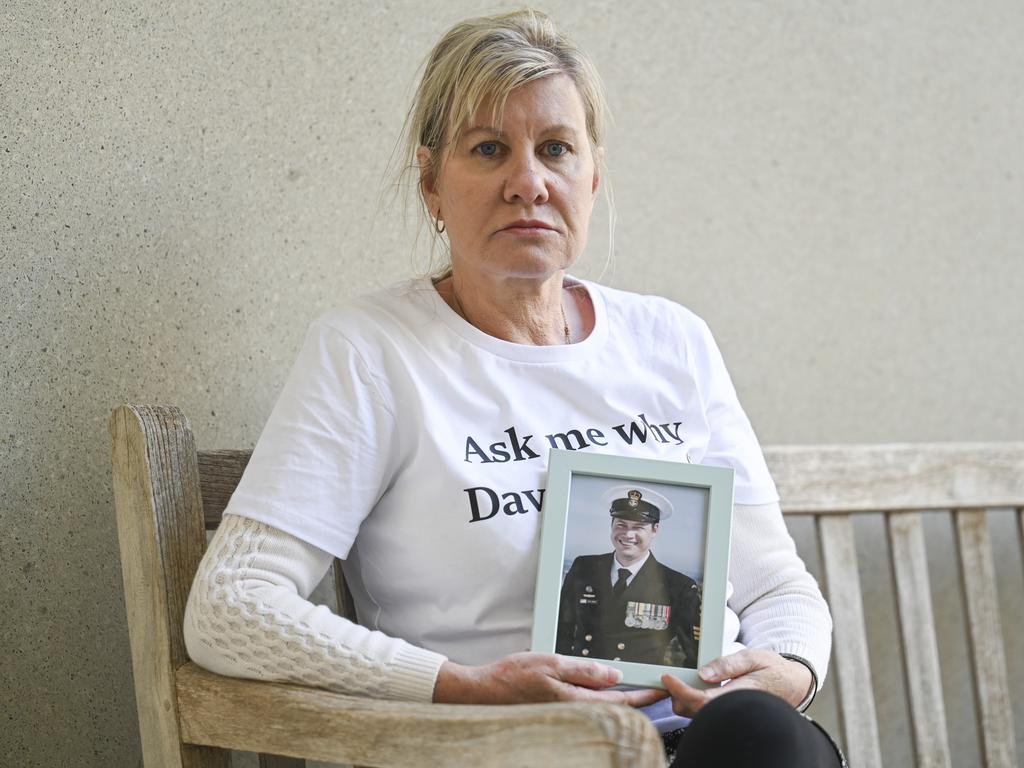
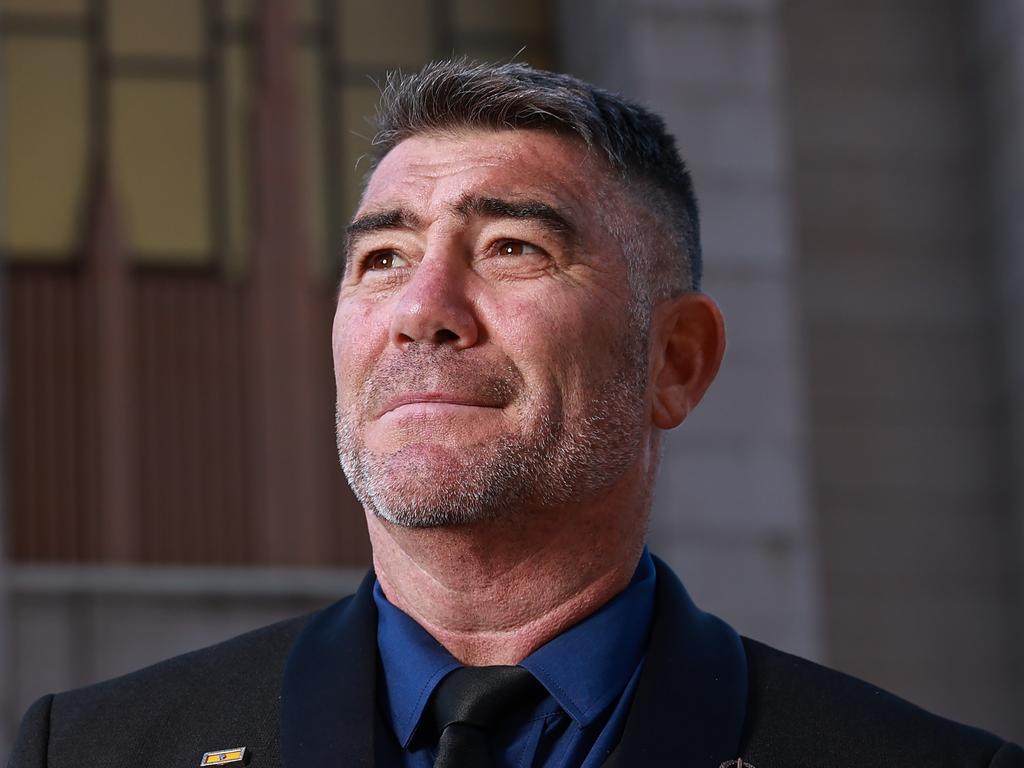


To join the conversation, please log in. Don't have an account? Register
Join the conversation, you are commenting as Logout